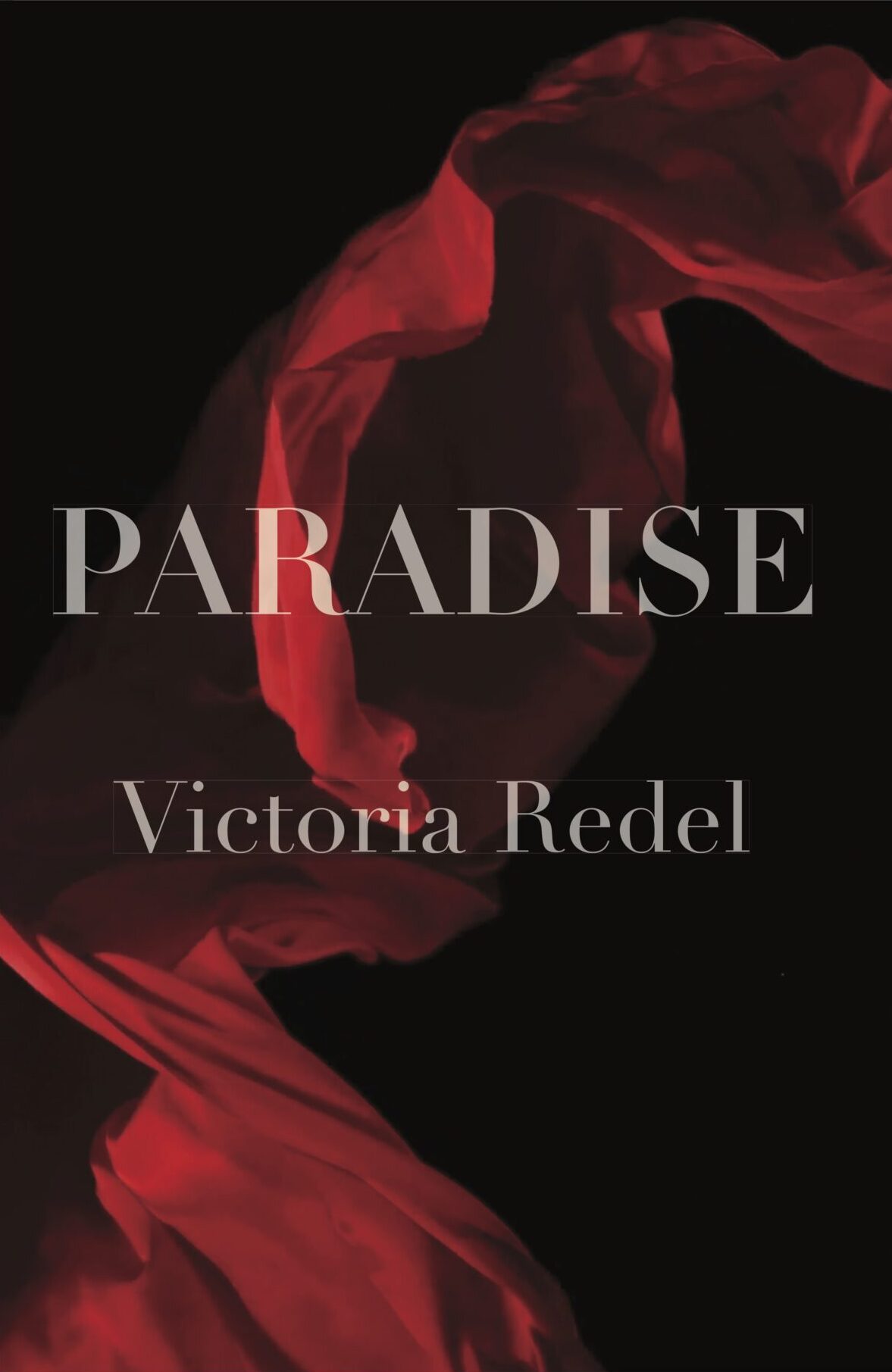
paper • 96 pages • 16.95
ISBN: 978-1-954245-13-6
eISBN: 978-1-954245-21-1
February 2022 • Poetry
Rewriting Eden, Victoria Redel interrogates the idea of paradise within the historical context of borders, exile, and diaspora that brought us to the present global migration crisis. Drawing from a long family history of flight and refuge, the poems in Paradise interweave religion and myth, personal lore and nation-building, borders actual and imagined. They ask: What if what we fell from was never, actually, grace? What is a boundary, really? Redel navigates geopolitical perimeters while also questioning the border between the living and the dead and delineating the migrations aging women make in their bodies and lives. With stark lyricism and unflinching attention, Paradise considers how a legacy of trauma shapes imagination and asks readers to see the threads that tie contemporary catastrophes to the exigencies and flight paths that made us.
PARADISE
There was a gate & through the gate
another garden—
same grasses, clover, gentian violet & lily
& the dry winds also made those willows sway—
just that rusty gate—
the dirt beneath scraped when it hinged open and shut—
& some claimed one side was Paradise.
‘But doesn’t every story begin with expulsion,’ asks Victoria Redel in her lyrical revision of paradise from the distance of/in time. ‘We came from somewhere. Had a village, & then didn’t,’ she continues as pages turn in this powerful book of diaspora and exile. If Auden was right and Ireland ‘hurt’ Yeats into poetry, then certainly history ‘hurts’ Victoria Redel into most moving sonnets, list poems, invocations and spells of inter-generational memory. The reader will learn here of a grandfather who ‘played flute in the orchestra of Turkish Sultan’ and ‘was nicknamed The Little Sultan by the Turkish Sultan himself.’ Such scraps of memory, are they real, or are we making them up as consolation, watching our loved ones, one after another, disappear in time, Victoria Redel asks. What is most real to me is this poet’s insistence on astonishment despite all the history—or maybe because of it: ‘All those years of worry when I might have chosen wonder,’ she writes. Yes. Open this book on the poem called ‘Pleasure,’ and you will be captivated, you will want to share these pages with your friends. I know I did. I wish you Paradise, readers. For that’s where this beautiful book is taking you, as it re-envisions the meaning of the word.
Redel leaps into the great mythical original maw of us—our shame, our guilt, our our our. The beginning of us, the end of us, the middle, which is still us. Paradise is a spiritual history of catastrophe and survival, described and reimagined by a traveler/witness/scribe who is one of us earthbound dreamers, an overtaker and escapee like us, whose ‘new world’ is already taken, already lived through. A glorious paradox of this work about migration, diaspora, goodbyes, regeneration, tremors and shifts, losses upon losses: the book acknowledges the bleak facts and trauma of empire, yet is simultaneously a rapturous read, a beautiful experience. To enter the atmosphere of Redel’s poetic mind and perspective, winding and clear—to spend time in Redel’s voice, sense of history, lang-scape—is heavenly because truth and beauty, at every turn of phrase and page, grows and spreads like mycelia, connecting all the journeys together at the buried, living roots. This book, breathing, is planted at the other end of Eden, and it gives me hope.